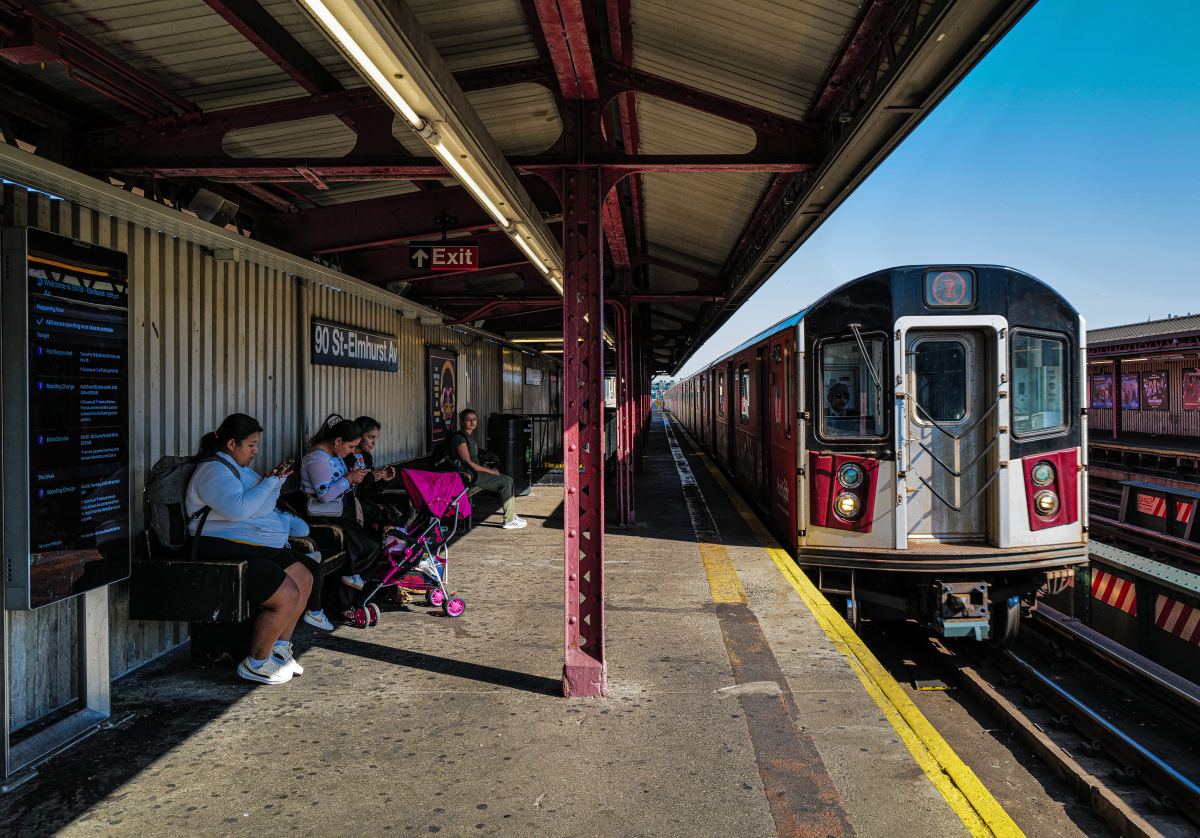HAVANA (Reuters) – Just 10 days ago, Cuba registered zero new coronavirus cases for the first time since the start of its outbreak, burnishing its reputation for a textbook handling of disasters like hurricanes and now the fearsome pandemic.
On Thursday though, top epidemiologist Francisco Duran berated Cubans in his daily briefing for letting their guard down too quickly, resulting in several new focal points of local transmission.
“People are holding different types of gatherings without taking into account distancing and often without even using a face mask,” the usually mild-mannered Duran said, visibly irritated.
He reported nine new cases over the last day, after the daily count jumped as high as 37 over the past week.
Cuba is one of a handful of Latin American countries that have managed to contain the new coronavirus, which continues to devastate regional powers like Brazil and Mexico.
The country’s free community-based health system has been credited, along with measures such as strict isolation of the sick and their contacts, with allowing it to keep the number of cases under 2,600 with 87 deaths – and no new deaths in the last 18 days.
Over the past six weeks, authorities have loosened lockdown restrictions, allowing restaurants, bars, hotels, and beaches and pools to reopen and public transport to restart, albeit at reduced capacity and with strict hygiene measures.
But Duran suggested many Cubans had become lax with social distancing rules and other recommendations, lulled into a false sense of safety by the idea the Communist-island was virtually coronavirus-free.
One recent outbreak occurred at a gathering of followers of the Afro-Cuban Santeria religion in the town of Bauta, southwest of Havana, according to authorities.
“Each small peak underscores a lack of discipline … prompting stricter measures,” Duran said.
Authorities have placed Bauta under a stricter quarantine than the original nationwide lockdown, closing most stores and only allowing one person per household out to shop or sending limited food parcels to residents’ homes.
Some new cases also come from abroad, underscoring the dilemma Cuba and other tourism-reliant nations face in deciding whether to fully open up.
Some Caribbean island nations like Jamaica and the Bahamas have had to backtrack on reopenings slightly after a new spike in cases, and have introduced stricter entry requirements.
(Reporting by Sarah Marsh; Additional Reporting by Nelson Acosta; Editing by Tom Brown)


























